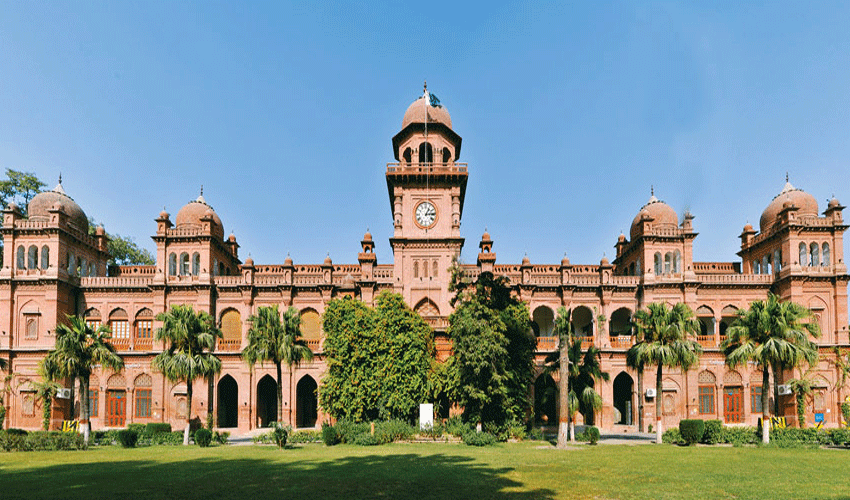Igbo-Ora, the self-proclaimed "twins capital of the world," hosted a festival celebrating its unique heritage of multiple births this weekend, drawing hundreds to honor the town’s remarkable twin population.
On an ordinary day, a passerby in Igbo-Ora, southwest Nigeria, might pause to ponder why so many residents don matching outfits. However, this weekend, the answer was on full display as the town held a vibrant festival, leaving no doubt about its claim to fame as the "twins capital of the world."
With joyous pageantry, talent shows, and even a royal visit from Yoruba king Oba Kehinde Gbadewole Olugbenle—who is himself a twin—hundreds gathered to celebrate the community’s unusually high twin birth rate. “There’s hardly a family here in Igbo-Ora that doesn’t have a twin,” said Oba Kehinde, emphasizing the deep cultural significance of twins in Yoruba tradition.
The town's prominence in twin births is exceptional even within the Yoruba region, known for its above-average incidence of non-identical twins. While the global average stands at approximately 12 twins per 1,000 births, Igbo-Ora boasts a staggering rate of nearly 50 per 1,000, according to local studies and hospital data.
The reasons for this remarkable phenomenon are diverse and sometimes debated. Many locals attribute it to their diet, particularly dishes like okra leaf and Ilasa soup, but fertility experts remain skeptical, indicating that no definitive link has been established. Current research is exploring genetic factors and the possibility that the unique cultural status of twins in the region enhances their likelihood of forming families.
In the face of Nigeria's worst economic crisis in a generation, the community finds solace and joy in their twin blessings. Suliat Mobolaji, who welcomed twins eight months ago, shared her uplifting experience: “You can’t give birth to twins and remain down on your luck. It’s a gift from God.”
The festive atmosphere on Saturday resonated with her sentiment, as the town rolled out the red carpet for twins of all ages, adorned in eye-catching matching outfits. From glamorous sunglasses and patterned adire fabric to toddlers in purple dresses with identical handbags, the display was a testament to the community’s pride.
The festival organizers, themselves twins, have ambitious plans to pursue a world record for the largest gathering of twins and are even considering a mass wedding for twin couples next year. “Twins bring favors, fame, and wealth,” said Taiwo Oguntoye, 39, echoing the sentiments of his twin brother Kehinde. “That’s why we Yoruba celebrate their birth, and maybe that is the reason why God blessed us in Yorubaland with the highest number of twins in the world.”
As the festival drew to a close, the atmosphere was electric with the shared belief that the abundance of twins is not just a statistical anomaly but a profound blessing woven into the fabric of Igbo-Ora’s identity.


























